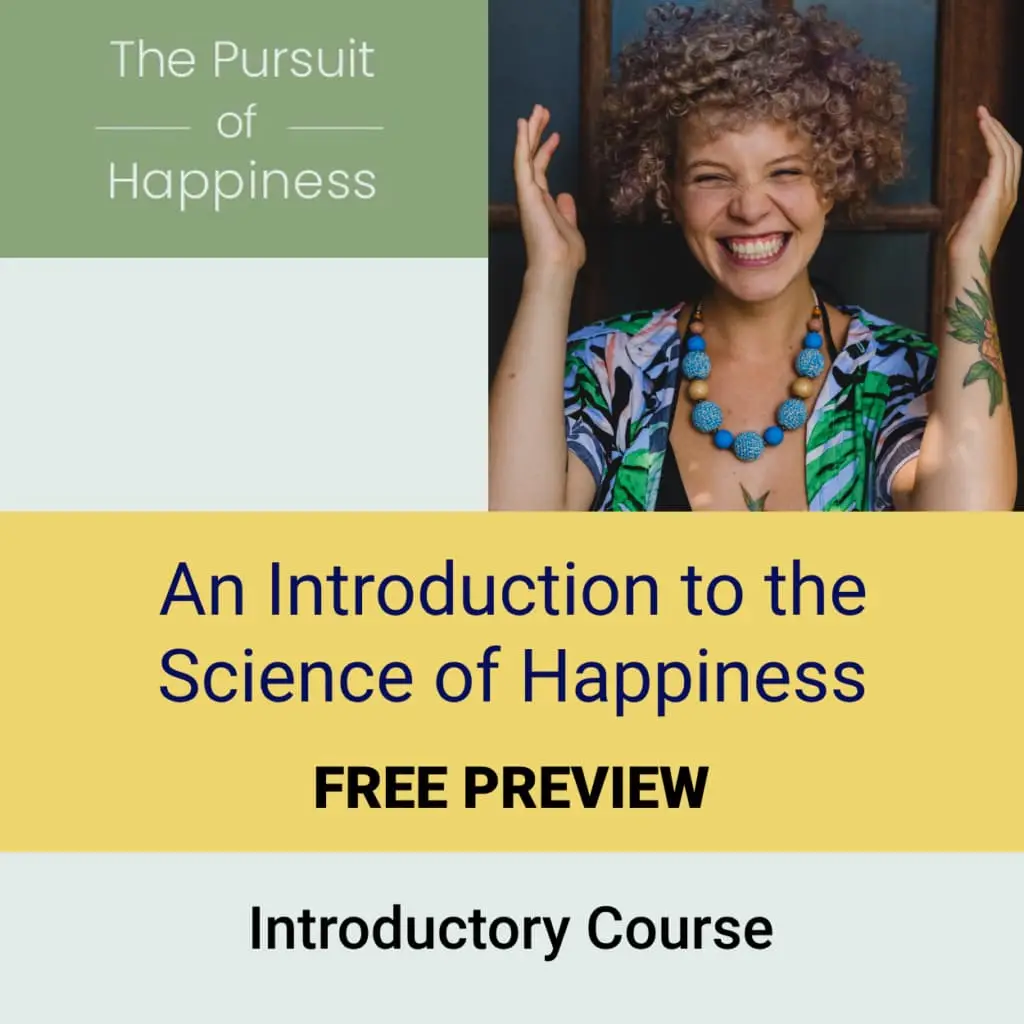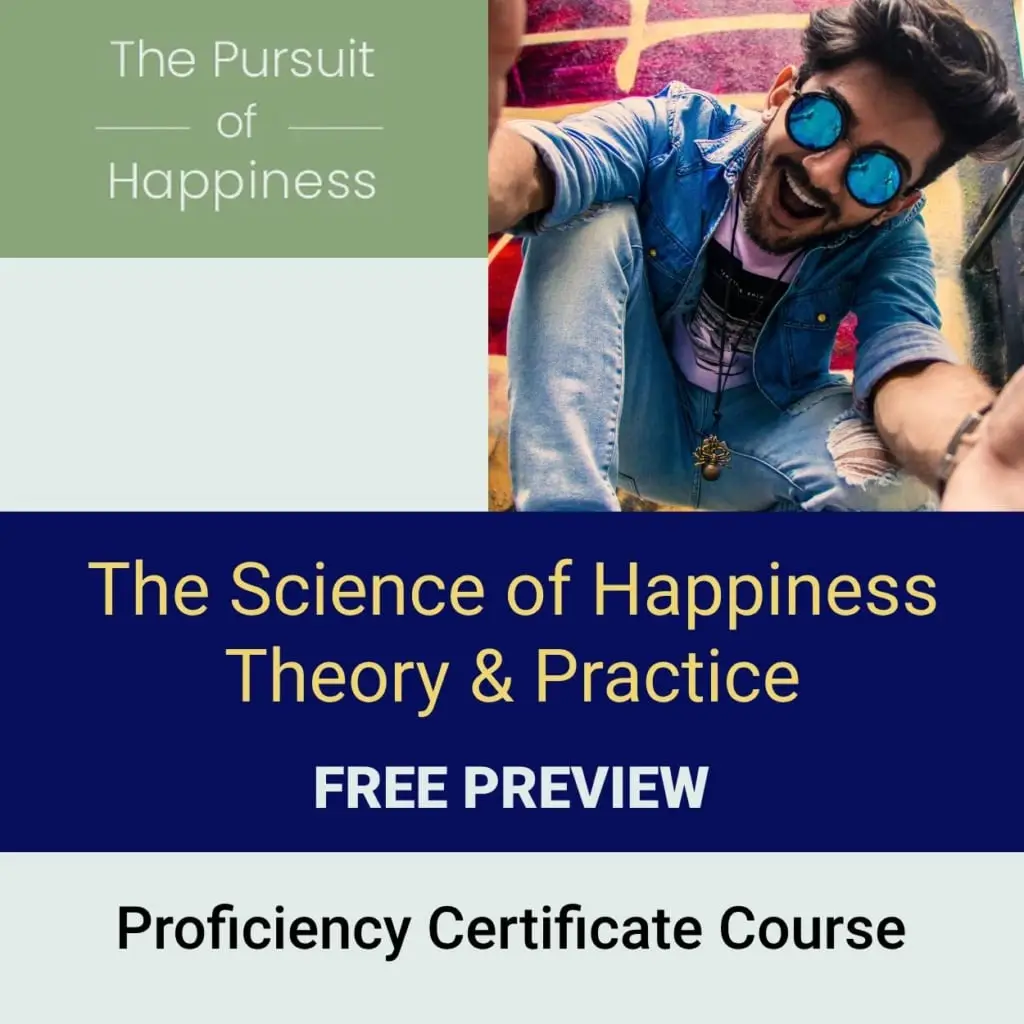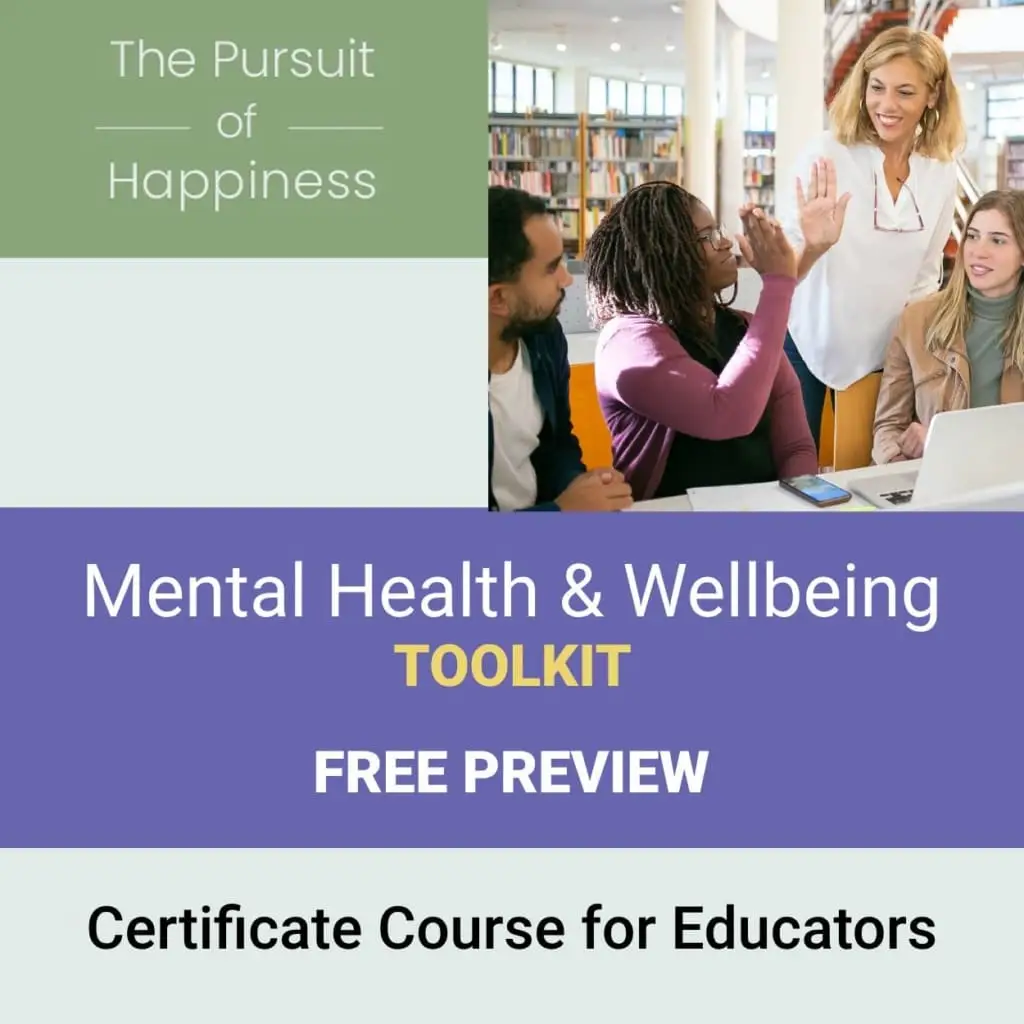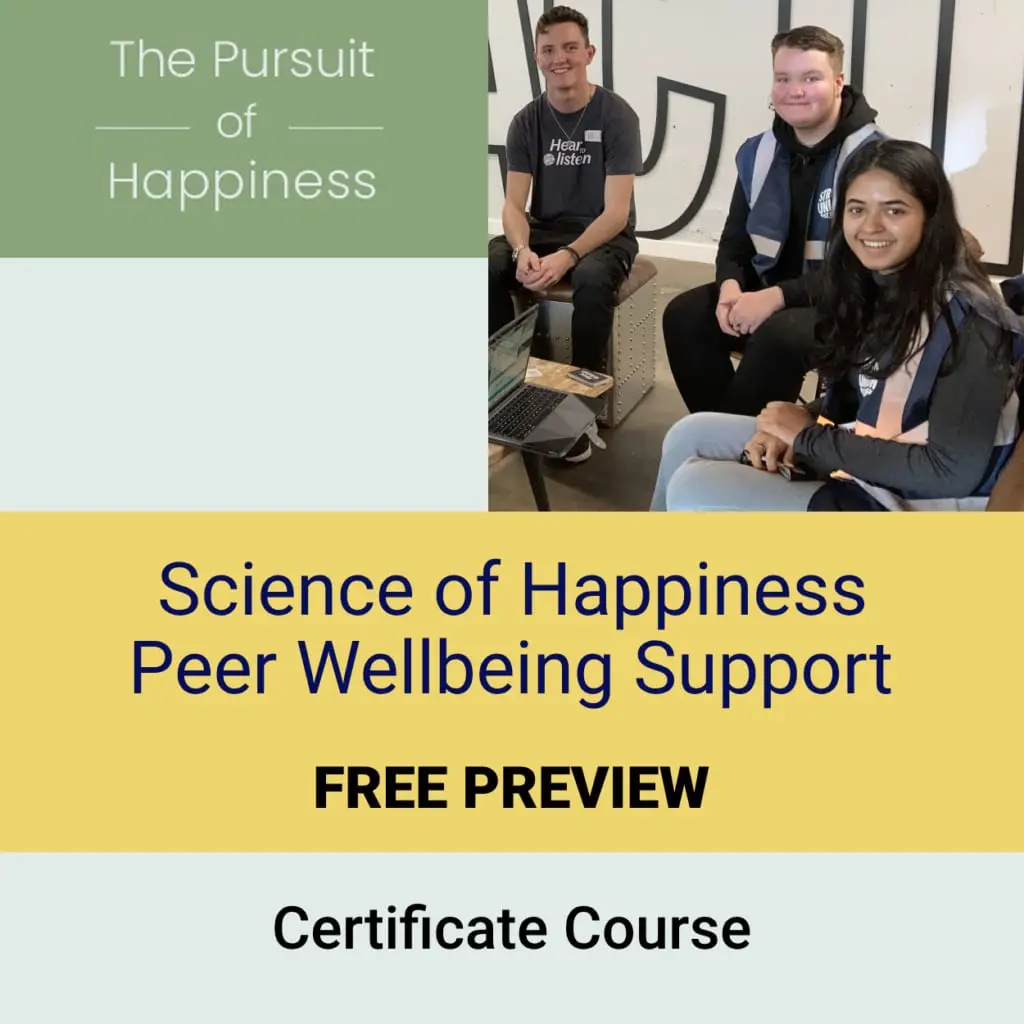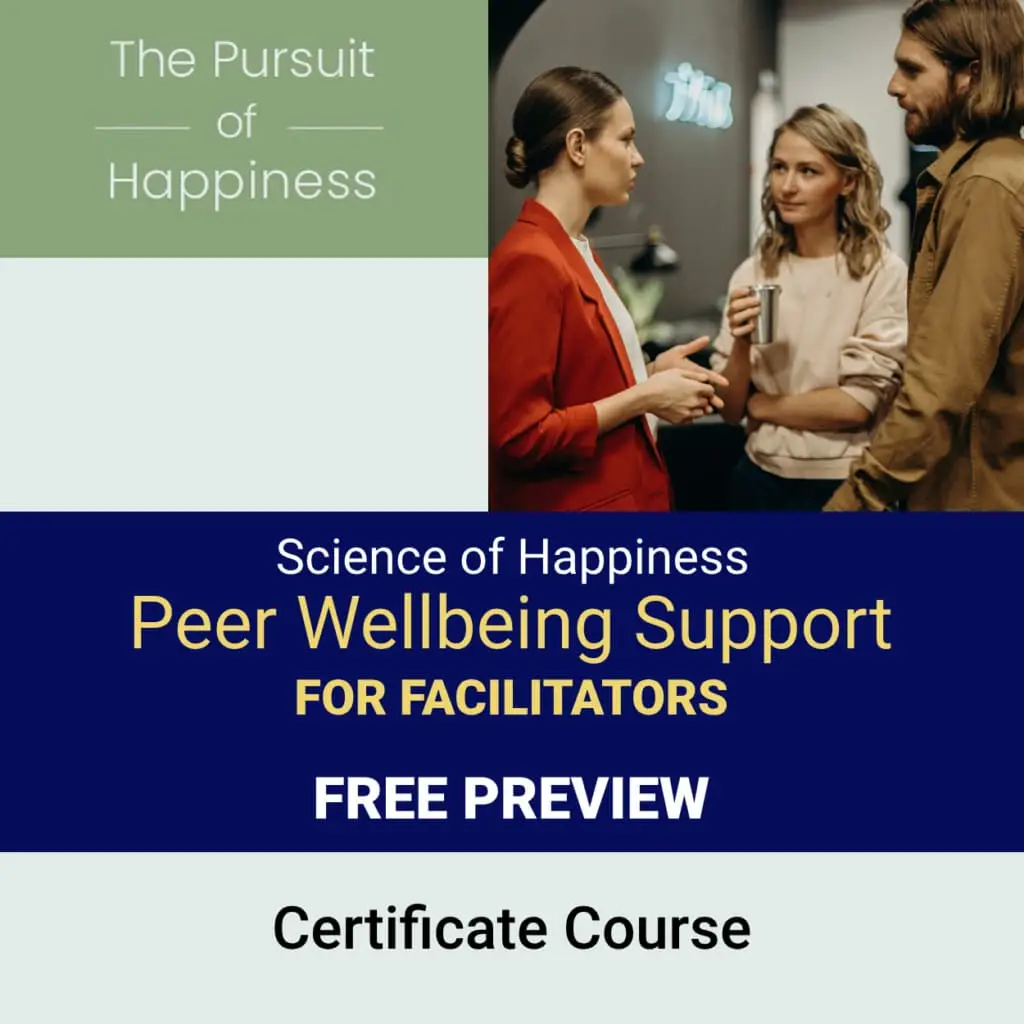Science of Well-Being: Healthy Habits & 6 Steps to Apply Them
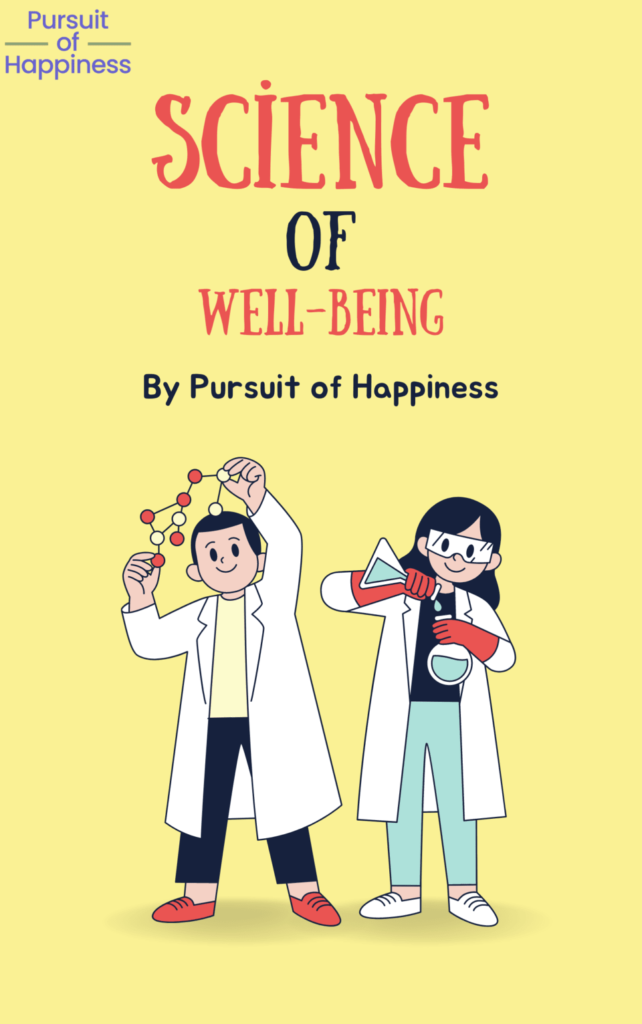
According to Mental Health America’s (MHA’s) 2023 report, more than 3 million children and 50 million adults suffer from mental diseases, and more than 55% of these people do not receive any kind of professional treatment.
A significant treatment gap necessitates self intervention. Finding the right knowledge is, nonetheless, essential for the prevention of anxiety and depression. Our group of reputable psychologists write about the “science of well-being” to provide accurate information. This blog will define the science of well-being, present 7 habits that can improve well-being, and provide 6 concrete instructions for putting each habit into practice. You may also find information about our happiness courses as well as the science of well-being syllabus on our web page, linked at the end of the article.
What is the Science of Well-being?
The science of well-being, also known as positive psychology, is a field of study that focuses on understanding the factors that contribute to human happiness, well-being, and flourishing. It seeks to answer questions such as:
- What makes people happy?
- How can we cultivate greater well-being in ourselves and others?
- What are the effects of certain habits on our physical and mental health?
Multi-disciplinary approach
Positive psychology research encompasses a wide range of topics, including:
Another characteristic of the science of well-being is its interdisciplinary nature. It draws on a variety of disciplines, including psychology, neuroscience, sociology, and philosophy.
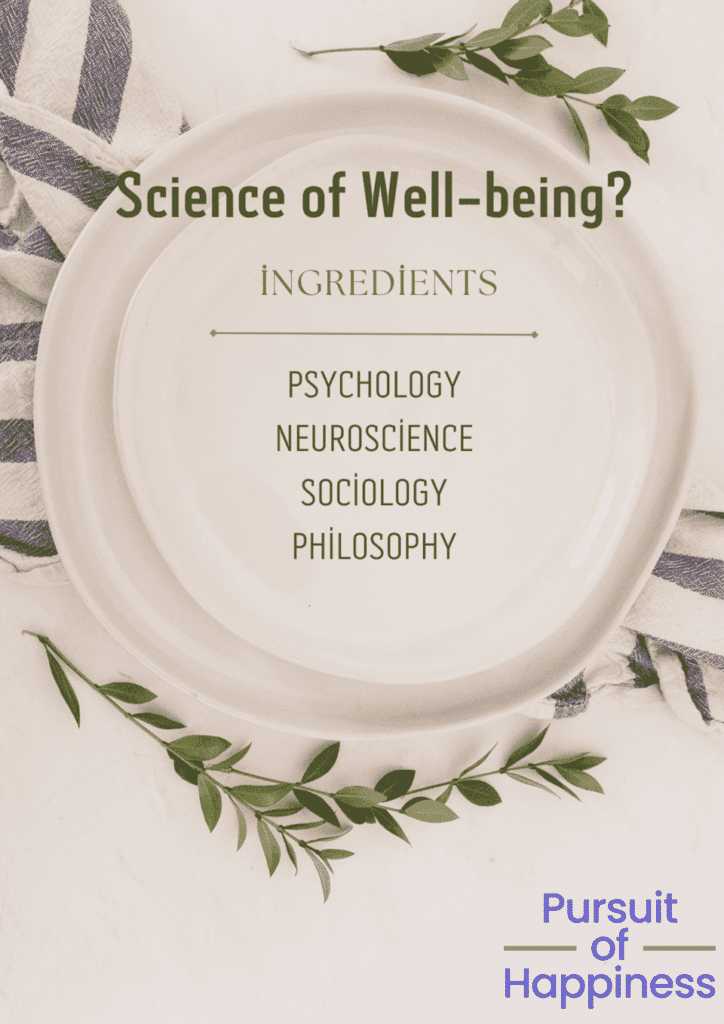
To learn more regarding scientists and philosophers that contribute to the science of well-being you can check our history of happiness blog where you can find detailed information regarding:
- Socrates
- Barbara Fredrickson
- Viktor Frankl and more.
Why is the Science of Well-being Important now?
According to British philosopher Francis Bacon, “Knowledge is Power.” Science enables us to comprehend relationships between things, it acts as our most important compass for managing social interactions and developing habits that allow us to thrive. Thus, science has practical implications.
The science of well-being has practical implications for:
- Individuals: By understanding the factors that contribute to well-being, individuals can develop interventions and strategies to enhance their lives and promote greater happiness and fulfillment.
- Businesses: According to Oxford University’s research, happy people are 13% more productive. As a simple example in many countries there is a possibility of claiming paid stress leave which is more common between less happy individuals. Poor life satisfaction is also linked to quick worker turnover, which, as per Deloitte, is considered the topmost threat to CEOs for their businesses.
- Societies: Each happier individual creates a positive feedback loop for the society. Greater life satisfaction implies less violence, more tolerance, and more freedom.
Top 7 Science of Well-being Best Practices
As seen in the below image there are top 7 science of well-being best practices that can enhance your life quality.
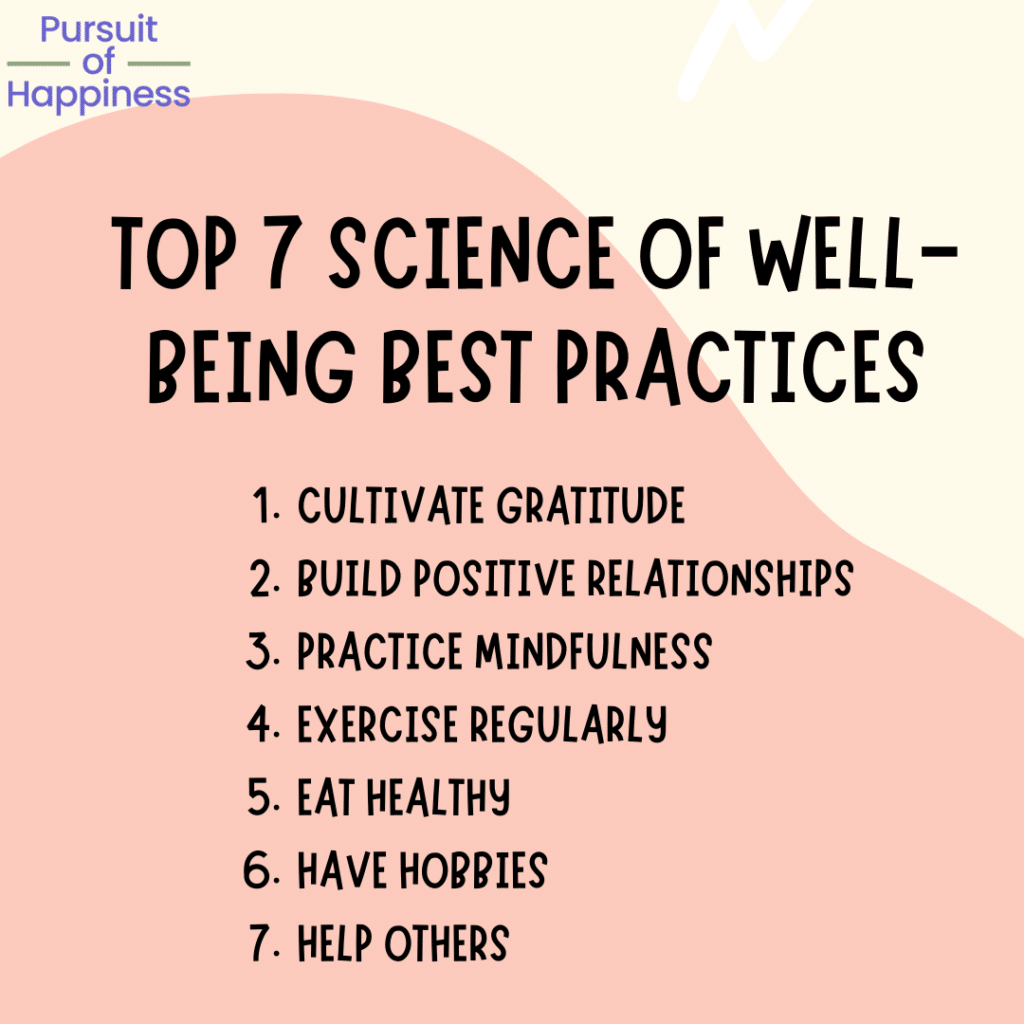
1. Cultivate gratitude
Practicing gratitude involves focusing on the positive aspects of life and expressing appreciation for the good things. This can be done through practices such as keeping a gratitude journal or simply expressing gratitude to others. Research has shown that cultivating gratitude can lead to increased positive emotions and well-being.
2. Build positive relationships
Social connections are a key component of well-being. Building positive relationships with family, friends, and colleagues can contribute to happiness and fulfillment. One way to do this is to engage in activities that promote social connections, such as volunteering or joining a club or organization.
3. Practice mindfulness
Mindfulness is the art of experiencing the moment. Research has shown that mindfulness can reduce stress, improve mood, and enhance well-being. One way to practice mindfulness is through meditation, but there are many other techniques as well, such as deep breathing, yoga, or simply paying attention to your senses.
4. Exercise regularly
It is important to note that happiness and physical health are closely connected. Finding an exercise routine that you enjoy and can stick to can be an important part of promoting well-being.
5. Eat healthy
Proper nutrition is essential for physical and mental health. Eating a balanced and nutritious diet can help reduce the risk of chronic diseases, boost energy levels, and improve cognitive function.
6. Have hobbies
Engaging in activities that are enjoyable and fulfilling can contribute to a sense of purpose and well-being. Hobbies can provide a sense of accomplishment, relaxation, and social connections.
To have hobbies you should find your interests which can be playing a musical instrument, painting, or playing a sport. Once you find your hobby, you can improve your abilities with free courses that can be found on YouTube. Also, you can dedicate yourself in a more professional way if your hobby turns into your passion.
7. Help others
Acts of kindness and generosity can contribute to a sense of well-being and purpose. Helping others can take many forms, from volunteering to simply being kind and supportive to those around us.
Incorporating these best practices into our daily lives can help promote well-being and lead to a happier and more fulfilling life.
6 Steps of Applying the Science of Well-Being
Giving people merely the best practices won’t help them change their behavior. One of the causes of this is that people frequently lack direction and beginning skills. For instance, a lot of individuals are aware that having a hobby increases happiness, yet a lot of people are unaware of how to begin one.
As a result, we offer guidance in this section that outlines six actions readers can follow to apply the science of well-being (see below figure). As a concrete example, we’ll examine a person who chooses to play the guitar as a hobby, but of course, it can work for any hobby or well-being best practices.
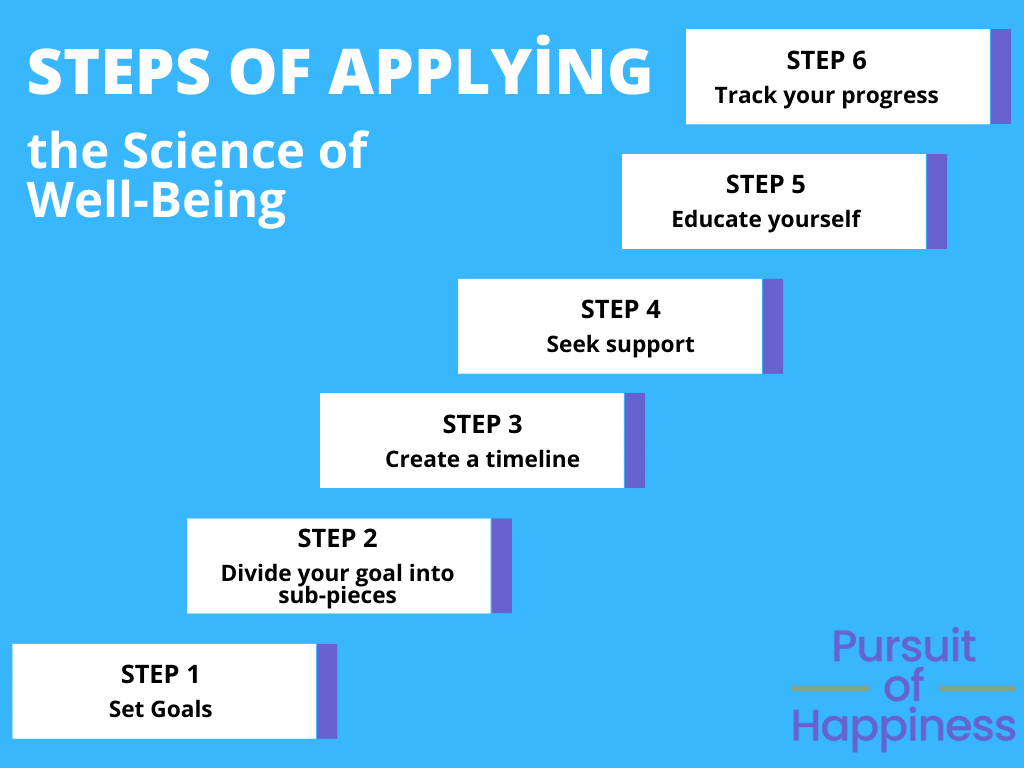
1. Set Goals
Having clear goals that are aligned with your values and priorities can help you feel a sense of purpose and direction in life. When setting goals, it’s important to make them specific, measurable, achievable, and time-bound (SMART principle).
Let’s say your goal is to learn to play the guitar as a new hobby. To make this goal SMART, you could set a deadline to learn basic chords and strumming techniques in three months and commit to practicing for at least 30 minutes every day.
2. Divide your goal into sub-pieces
To make your goal more achievable, you could break it down into smaller steps such as learning one new chord each week or practicing a specific song for a certain amount of time.
3. Create a timeline
Set deadlines for yourself and create a timeline for achieving each step towards your goal. This can help you stay on track and make progress towards your goal.
Using the guitar-playing example, you could set a timeline of learning basic chords and strumming techniques in the first month, learning a few songs in the second month, and practicing more advanced techniques in the third month.
4. Seek support
It can be helpful to enlist the support of friends, family, or a professional coach or therapist to help you stay motivated and accountable.
For our hobby example, enlist the support of a friend or family member who also plays the guitar – that could have the secondary benefit of enhancing your relationship with that person. Or you might hire a music teacher to provide guidance and support.
5. Educate yourself
You can learn more about the science of well-being and specific habits that contribute to happiness by:
- Reading books
- Watching videos
- Taking physical courses
- Taking online courses.
For our guitar playing example, you could read books or watch videos on guitar-playing techniques or take an online/physical course to learn the basics of playing the guitar.
6. Track your progress
Regularly reviewing your progress towards your goals can help you stay motivated and adjust your approach as needed. You can use tools such as a journal or tracking app to record your progress and celebrate your successes.
You could use a journal to record your daily practice sessions and track your progress in learning new chords and techniques. This can boost your motivation and help you to change your strategy if it is needed.
Making the Science of Well-being: Important Scientists and Philosophers
The science of well-being has been shaped by the work of many prominent scientists and philosophers such as:
- Martin Seligman: Seligman is considered to be the founder of positive psychology. He has made significant contributions to the field of well-being, including the development of the PERMA model of well-being, which identifies five essential elements of well-being:
- Positive emotion
- Engagement
- Relationships
- Meaning
- And accomplishment.
- Richard Davidson: Davidson is a neuroscientist who has conducted extensive research on the neural correlates of well-being, including the impact of meditation on brain function. He is the founder of the Center for Healthy Minds at the University of Wisconsin-Madison, which conducts research on well-being and the development of well-being interventions.
- Aristotle : Aristotle was a Greek philosopher who wrote extensively about happiness and well-being. He believed that happiness is the ultimate goal of human life and that it is achieved through the cultivation of virtues such as courage, justice, and wisdom.
- Ed Diener: Diener is a psychologist who has conducted pioneering research on the science of well-being. He has developed measures of well-being that are widely used in research, including the Satisfaction with Life Scale and the Positive and Negative Affect Schedule.
- Mihaly Csikszentmihalyi: Csikszentmihalyi is a psychologist who has studied the concept of flow, which refers to a state of deep engagement and satisfaction that can be experienced during activities that challenge and stretch our abilities. He has written extensively about the role of flow in promoting well-being.
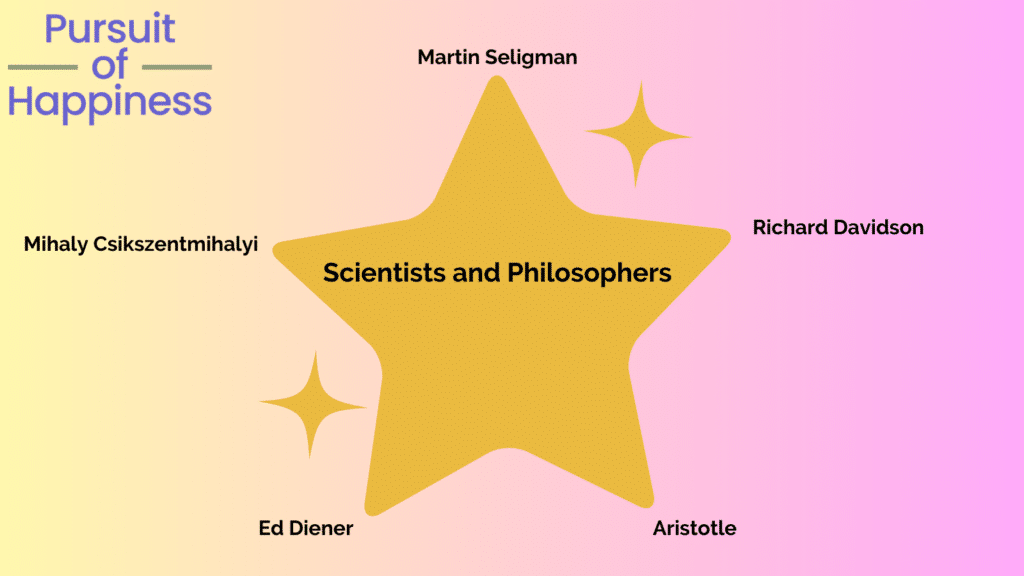
Science of Well-being Syllabus
OVERVIEW Level: University Subject: Philosophy, Science Note: Syllabus for beginning or upper-level course on the science of well-being Submitted by: Todd Kashdan







